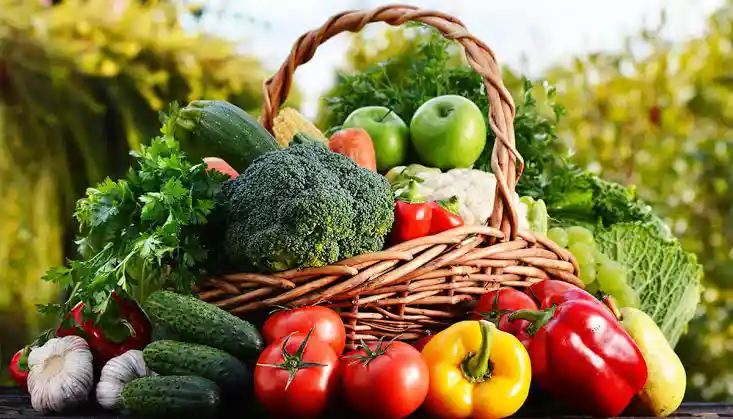Are All Vegetables Halal? Everything You Need To Know
Advertisements
Vgetables are considered a key part of a healthy diet in Islam and are encouraged as a source of nourishment and sustenance.
Many traditional Islamic dishes feature a variety of vegetables as a main component, and they are often served alongside grains, legumes, and other plant-based foods. But, are all vegetables halal? Continue reading to find the answer.
Are All Vegetables Halal?
Yes, all vegetables are halal. They can be eaten as long as they are not harmful to human beings. This means that they must not contain poisonous or narcotic substances.
Vegetables are considered halal, or permissible, in Islam as long as they are free from any substances that are not permissible according to Islamic law. This includes alcohol and haram additives.
Allah says (interpretation of the meaning):
Advertisements
He it is Who created for you all that is on earth…
Surah al-Baqarah verse 29
He also says:
O mankind! Eat of that which is lawful and good on the earth…
Surah al-Baqarah 2:168
Allah also says:
“Say: ‘Who has forbidden the adornment with clothes given by Allaah, which He has produced for His slaves, and al-Tayyibaat [all kinds of halaal (lawful) things] of food?’…”
Surah al-A’raaf verse 32
From this, we know that everything that grows from the earth is in principle halal (permitted), and no-one should decree it to be haram (forbidden) or makrooh (disliked) without sound Islamic evidence (daleel).
If the resulting dish was intoxicating or poisonous, or was cooked with something haram such as pork, then we would say that it is haram to eat it.
You may also like: Is Beef Gelatin Halal Or Haram?
Advertisements
Final Words
Overall, while all vegetables are considered halal and can be enjoyed as part of a healthy and balanced diet, it is important for Muslims to be mindful of the preparation of the vegetables they consume to ensure that they are in accordance with Islamic law.
Advertisements








One Comment